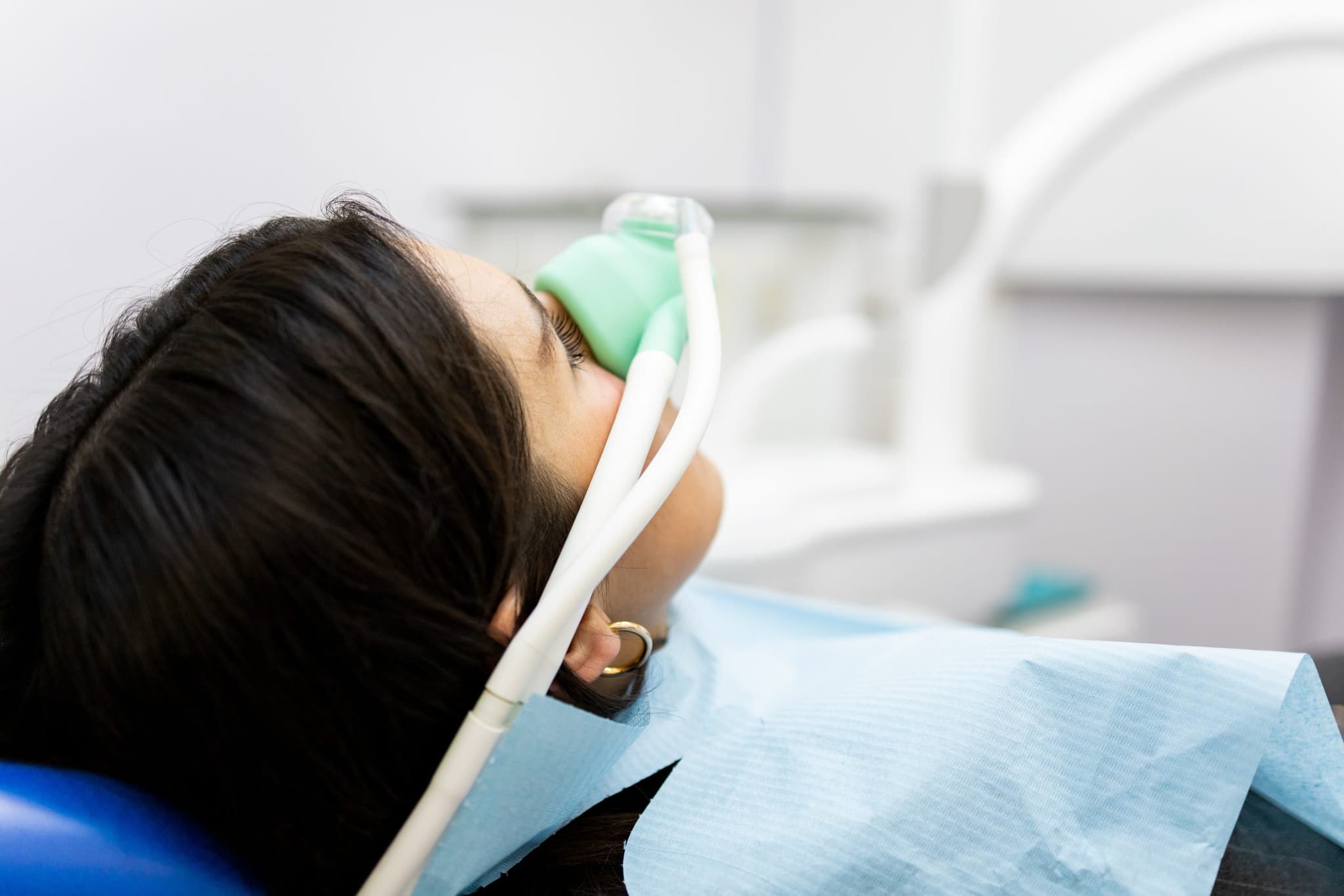
2025-12-17T17:11:43
Why OBGYN Clinics Are Using Nitrous Oxide for Pain Relief
- OB/GYN
May 19, 2017 | OB/GYN
Specialties:OB/GYN

Sexually transmitted diseases are transmitted through sexual contact—they are caused by infected organisms that pass through bodily fluids like blood, semen or vaginal fluid, or often through shared needles. In rarer cases, STDs can be transmitted through childbirth or blood transfusions.
Part of what makes the human-to-human spread of STDs so difficult to manage is the frequent non-presence of symptoms. Many STDs don’t present constant symptoms or may never show any at all, and it’s possible to get one from someone who appears 100 percent healthy.
With the right precautions, the spread of STDs can be contained and even prevented.
A basic knowledge about the risks of STDs, and their simple signs, can go a long way. There are several factors that may increase your likelihood of exposure to an STD:
Because so many STDs go unnoticed and unreported, it’s important to know their basic signs and get checked immediately if you have any of them. Signs of STDs include:
If you have any of these symptoms and are sexually active, see your doctor right away to check for STDs. In addition, it’s recommended that sexually active teens and young adults are checked regularly, and especially when they first become sexually active.
There are two conditions that must be present for unprotected sex that’s safe and doesn’t risk the spread of STDs:
If these conditions aren’t present, you can take some of the following precautions to help prevent the spread of STDs:
With all these tactics, proper communication with your partner is vital. Helping each other practice safer sex is the best way to prevent the spread of STDs.
In the case where you do contract an STD, taking the proper steps is very important. The first of these is partner notification, which is required by law to some degree in most states—you must inform all recent or current sexual partners of your condition so they can receive testing and treatment as well. This can be done confidentially if needed, and there are disease intervention specialists in public health departments who can assist with this process.
In addition, there are some steps you should take to prevent spreading any recently acquired STDs:
If you’re worried you or a partner is showing signs of an STD, speak to your doctor together about options.
“Understanding Sexually Transmitted Disease Prevention.” WebMD. http://www.webmd.com/sex-relationships/understanding-stds-prevention
“Sexually transmitted diseases (STDs).” The Mayo Clinic. http://www.mayoclinic.org/diseases-conditions/sexually-transmitted-diseases-stds/home/ovc-20180594
WRITTEN BY:
OB/GYN

2025-12-17T17:11:43

2025-11-21T14:10:25

2024-09-19T11:59:35

2019-12-31T15:15:01
This information is not intended to replace the advice of a medical professional. You should always consult your doctor before making decisions about your health.